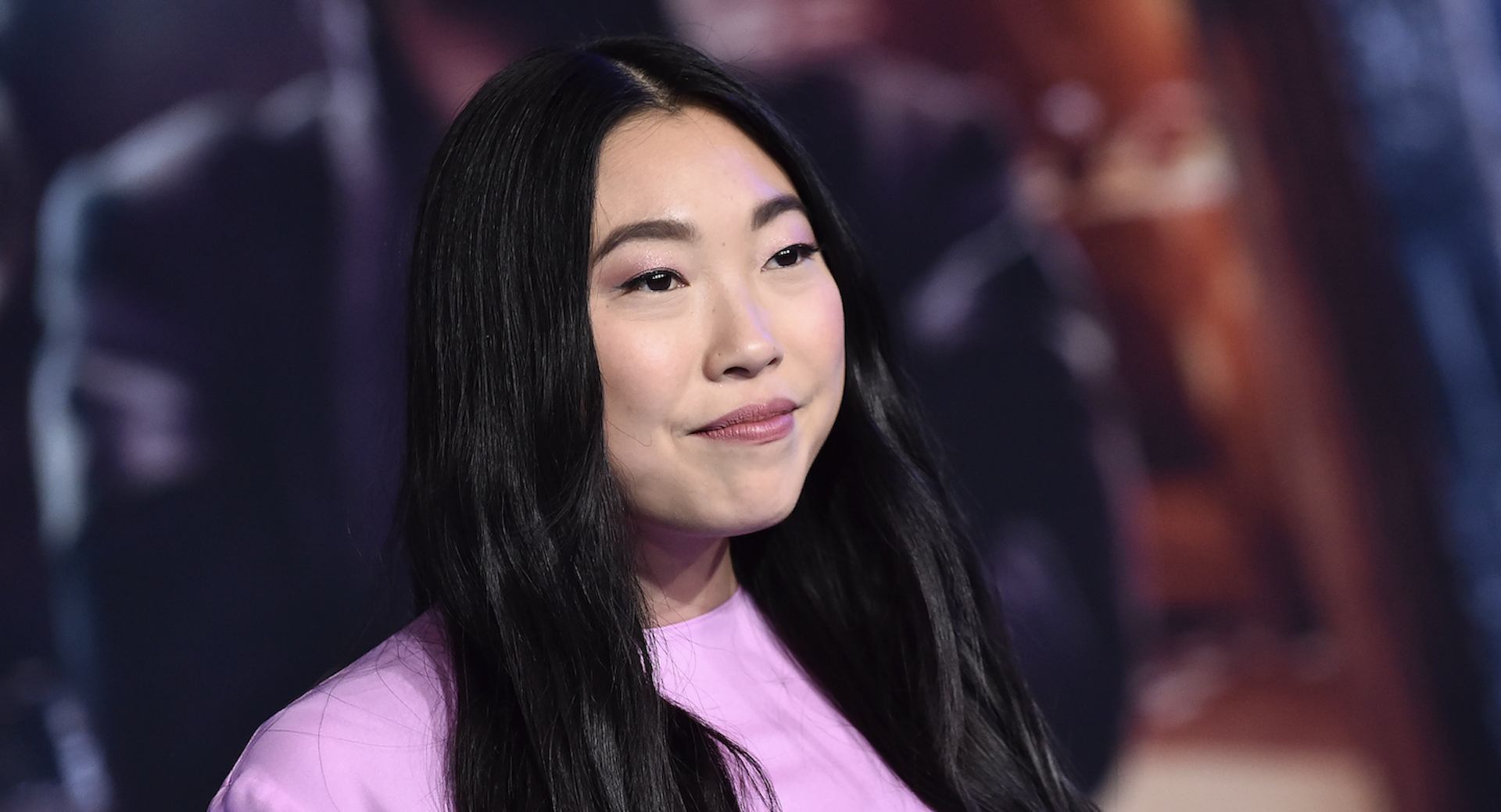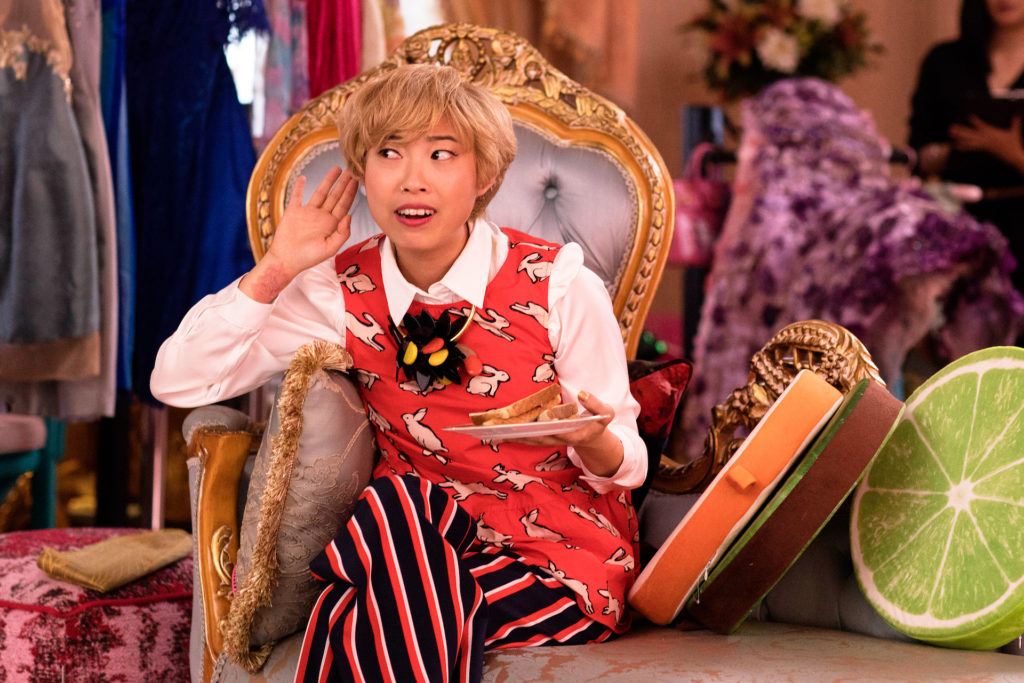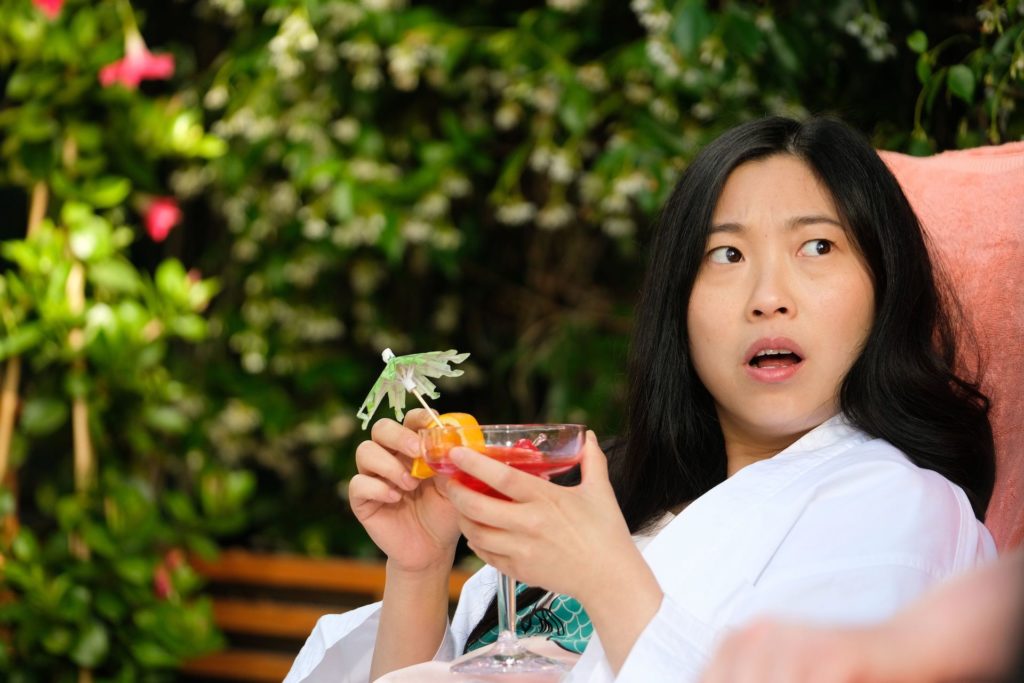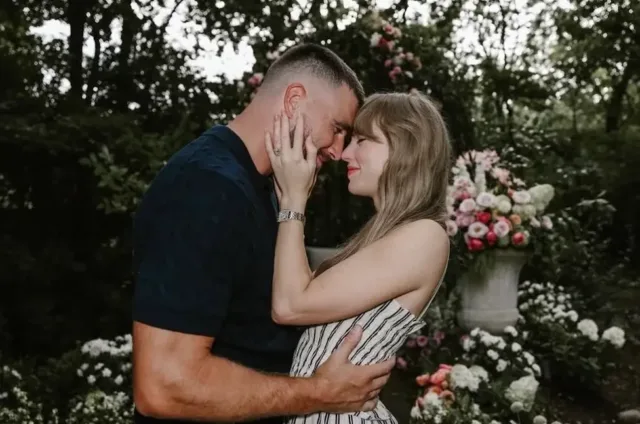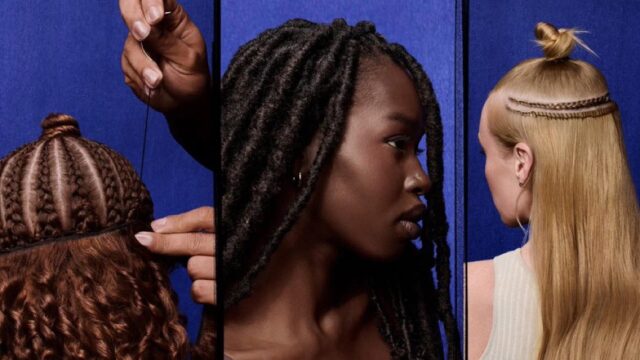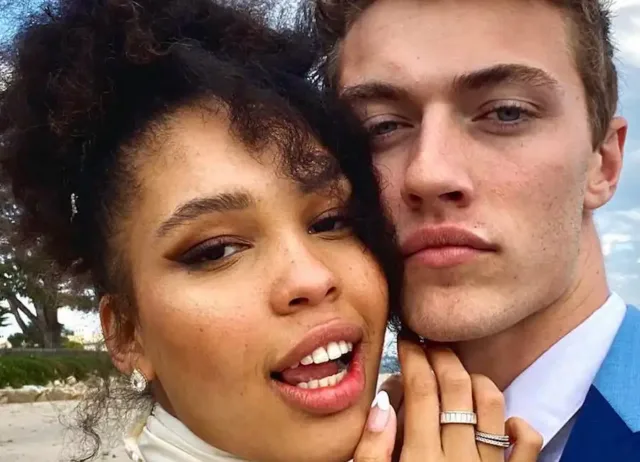Awkwafina Leaves Twitter Amid ‘Blaccent’ Controversy
Awkwafina has logged off Twitter due to her using a “blaccent” in the past. The Shang-Chi and the Legend of the Ten Rings star, 33, issued an apology via Twitter. The actress started by acknowledging what the Black community goes through and the use of African American Vernacular English (AAVE) in different forms of media.
“There is a sociopolitical context to everything, especially the historical context of the African American community in this country. It is a group that is disproportionately affected by institutionalized policies and law enforcement policies — all the while having historically and routinely seen their culture stolen, exploited, and appropriated by the *dominant* culture for monetary gain without acknowledgment nor respect for where those roots come from, the pioneers of its beginnings and the artists that perfected and mastered the craft.”
“It is a problem we still see today — though some may pass it off as a convoluted mixture of the ‘internet TikTok slang generation’ that liberally uses AAVE, to add that hip hop — a genre of music that is ubiquitous and beloved across the country — has now anchored itself as a mainstream genre in music history.”
— nora (@awkwafina) February 5, 2022
Well, I’ll see you in a few years, Twitter – per my therapist. To my fans, thank you for continuing to love and support someone who wishes they could be a better person for you. I apologize if I ever fell short, in anything I did. You’re in my heart always ❤️
— nora (@awkwafina) February 5, 2022
“And in life, linguistic acculturation, immigrant acculturation, and the inevitable passage of globalized internet slang all play a factor in the fine line between offense and pop culture.”
Akwafina, realizing the error in her ways after she already made a lot of money off of it. Heartwarming!
— Retired Lover Boy ❤️👩🏾🤝👨🏿❤️ (@RobbyRav) February 5, 2022
Too many people trying us during our month lmao
The actress further elaborated how she never meant to offend anyone.
“But as a non-black POC (person of color), I stand by the fact that I will always listen and work tirelessly to understand the history and context of AAVE, what is deemed appropriate or backwards toward the progress of ANY and EVERY marginalized group. But I must emphasize: To mock, belittle, or to be unkind in any way possible at the expense of others is: Simply. Not. My. Nature. It never has, and it never was.”
Did not expect to get on Twitter today to see Akwafina gaslighting black people but I am not surprised.
— trinket (@babyboybensolo) February 5, 2022
The comedian has been under fire for using the “blaccent” as a cultural appropriation to further her career. Before taking on the persona of Awkwafina, the star was born Nora Lum, a daughter of Chinese and Korean background from New York.
Since then, she rose to fame by posting a YouTube video of herself rapping a Mickey Avalon cover called “My Vag” and began doing “blaccents.” In both Ocean’s Eight and Crazy Rich Asians, Awkwafina played characters who had “blaccents.” In September, Awkwafina’s 2017 interview with Vice went viral where she contradicted herself by claiming she never used accents because she considered them “offensive.”
I love how akwafina is calling Twitter a ingrown toenail like she didn’t make this mess herself. She keeps saying every word but Sorry.
— Detective Bagabitche (@UglyEgo) February 5, 2022
“I refuse to do accents. I’m not okay with someone writing about the Asian experience for an Asian character. Like that’s annoying, and I make it very clear, I don’t ever go out for auditions where I feel like I’m making a ministerial out of our people.”
In one of her tweets, Akwafina contradicts herself, claiming that she naturally speaks in that way due to her immigrant background.
“My immigrant background allowed me to carve an American identity off the movies and TV shows I watched, the children I went to public school with, and my undying love and respect for hip-hop.”
tried to read akwafina’s “apology” and i couldn’t tell if i was reading an apology or a school essay. how do you apologize but don’t say sorry once? girl please. pic.twitter.com/RcF8n2Sepu
— Jessica Nwabuike (@jessicanwabuke) February 6, 2022
However, past interviews say otherwise. When she was called out in September during her interview with Reuters, her response was: “Um. You know, I’m open to the conversation. I think it really is something that I think is a little bit multi-faceted and layered, and so yeah.”
.@awkwafina addresses controversy of her using a ‘blaccent’ in films: pic.twitter.com/razgNiTFke
— Reuters Showbiz (@ReutersShowbiz) September 10, 2021
In Awkwafina’s lengthy tweet, she concluded with a half-hearted apology. “I apologize if I ever fell short in anything I did. You’re in my heart always.” It is now up to Awkwafina to match her actions to her apology.

Writer & Editor

